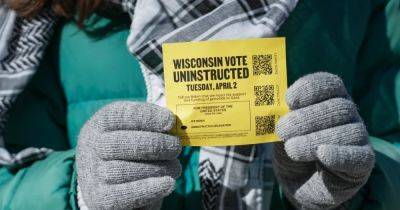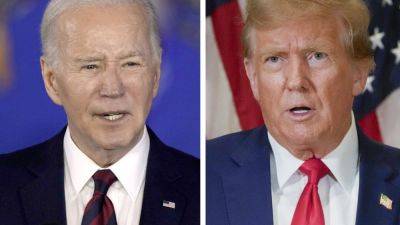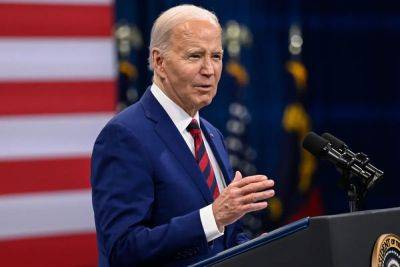Solidarity and strategy: the forgotten lessons of truly effective protest
‘Nothing appears more surprising to those, who consider human affairs with a philosophical eye, than the easiness with which the many are governed by the few; and the implicit submission, with which men resign their own sentiments and passions to those of their rulers,” the Scottish philosopher David Hume wrote in his 1777 essay Of the First Principles of Government. Centuries later, his observation still holds. Despite having numbers on our side, the vast majority of people continue to be dominated by a small subset of the population. Why?
Today, an oligarchic minority rules because they have extreme wealth. The 2022 World Inequality Report found that the richest 10% today take over 52% of all income, leaving the poorest half just 8.5%. The same year, the bottom half of US citizens, or more than 160 million people, held a mere 2% of the country’s total wealth. An upper class owns most of the land and capital, which allows them, in turn, to exert control over politics and pass on enormous fortunes to their offspring, effectively establishing a modern-day aristocracy.
In opposition to the power of money stands the power of the many – at least in theory. In practice, things are more complicated. As Hume noted long ago, power does not flow from sheer numbers alone. What matters is not merely absolute numbers but organised numbers. Without solidarity and organisation, numerical advantage doesn’t mean much. It doesn’t matter if there are thousands of workers and only a handful of bosses if those workers lack a union, or if there are millions of citizens and one dictator if people are too atomised and afraid to try to topple the regime.
Yet history has shown time and again that even a proportionally small number of people, if







